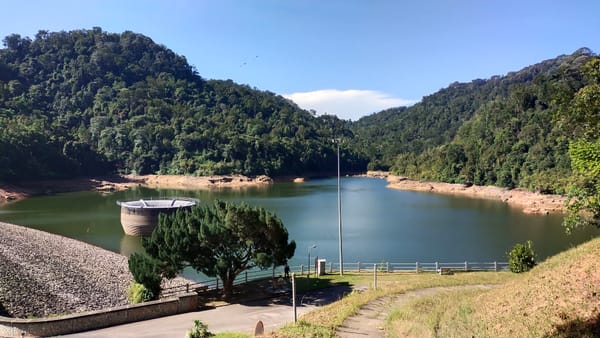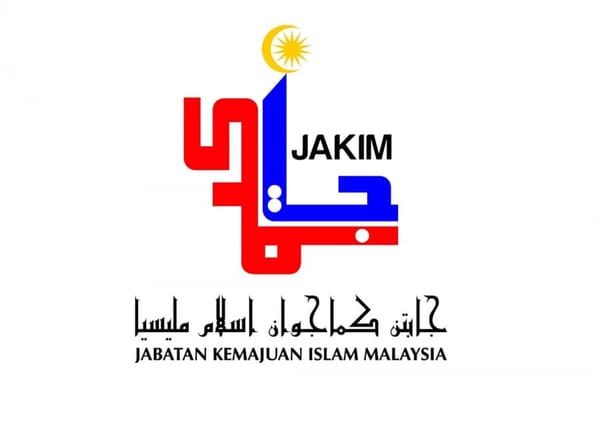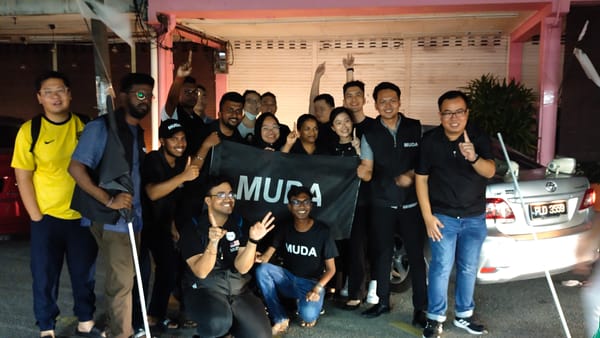Why do Malaysians go to social media, not the authorities, to highlight wrongdoings?

On Feb 22, Human Resources Minister Steven Sim was reported as having said that netizens should file official reports about issues of labour rights violations before discussing them on social media.
“I know netizens have good intentions, posting on platforms like Facebook, Twitter and so on. However, this involves the law, so, we need official reports, for example, stating where, who and so on,” he was quoted as saying by Free Malaysia Today (FMT).
Sim’s comments came in the wake of a Feb 20 report by the News Straits Times, where a renowned ramen company faced brickbats online for allegedly enforcing fees on workers taking sick leave and implementing arbitrary fines on them for alleged misconduct.
As the minister responsible for overseeing the labour department (JTK), I understand that Sim is trying to ensure that the JTK is more accountable to the workers by attending to as many labour cases as possible.
However, Sim also needs to understand the key reason why netizens tend to make viral issues on social media, which is that they simply do not trust the authorities' abilities to act swiftly on the issues raised.
As I read Sim’s comments (as reported), I instantly recalled a news article I wrote back in March 2022 for FMT when I was one of its Penang correspondents, where I sought the views of former Klang MP Charles Santiago and rights activists Rama Ramanathan (Citizens Against Enforced Disappearance) and Sevan Doraisamy (Suaram) on why netizens tend to viral any issue on social media.
It was a follow-up article suggested by my then editor following the comments made then by The Royal Malaysian Police’s integrity and standards compliance department (JIPS) director Azri Ahmad that netizens tend to viral any issue on social media before an investigation could be carried out, which encourage them to make judgments without looking at the facts of a case.
Speaking to FMT, Santiago said that netizens do so due to their belief that such a method is more effective than lodging a police report and that netizens believed the authorities were slow in responding to public complaints.
I can attest to his view as I have found from my years-long observation of authorities' online interactions with the public on viral issues that they tend to act swiftly the moment they receive vast public attention.
I doubt that authorities would give a similar type of attention to these issues should the public decide to “use the right channel” by directly filing reports to them.
Encourage citizen journalism
I spoke to migrant labour rights activist and friend Adrian Pereira of North-South Initiative on how Sim should have handled the matter - and he said that the minister should encourage citizens to learn labour and industrial relation laws as well as forced labour, and encourage citizen journalism.
Pereira also said that once citizens are informed about the law, they would be able to pinpoint any acts of abuse against workers.
“Looking at the culture of labour inspection and labour enforcement - there is no harm in citizens capturing these problems because you know in the concept of citizen journalism, we encourage everyone to expose abusers.
“I think there is no harm if people expose (labour abuse) and we should be welcoming that because we don't have enough labour inspectors,’ he said, adding that migrant labour rights Tenaganita has a “Be My Protector” app that allowed citizens to report labour abuses.
Holding the authorities accountable
At this point, It needs to be said that making viral any issue of public interest by the netizens makes it easy for them to hold the authorities answerable to the public the moment they start to act upon the issues raised.
The public could press the authorities out on social media for updates on their probes, which would then compel the latter - and sometimes even relevant ministers - to respond to these online.
They would never be able to wield such “power” should they go through the right channels by filing reports directly to the relevant authorities - where the latter might not choose to respond accordingly - causing anxiety from the public eager to know the status of their complaints.
Should the authorities and the government want the public to stop making viral issues of public interest so that swift actions can be taken, then it is imperative for them to improve their service delivery by being swift and transparent to the public.
Don't chastise the public when they make viral any issues, like what the JIPS director did. Do provide regular updates on the status of the probes. The public doesn’t need the authorities to hold regular press conferences as press statements alone would suffice.
As long as authorities remain slow in acting on viral issues that merit their attention, and chastise the netizens who have no power to act on these issues, the latter will continue to bring these issues to social media to seek swift attention from the authorities.
Social media is on track to become this country’s new Public Complaints Bureau, and if the authorities do not want it to render themselves ineffective and obsolete, then they have to step up their game.




